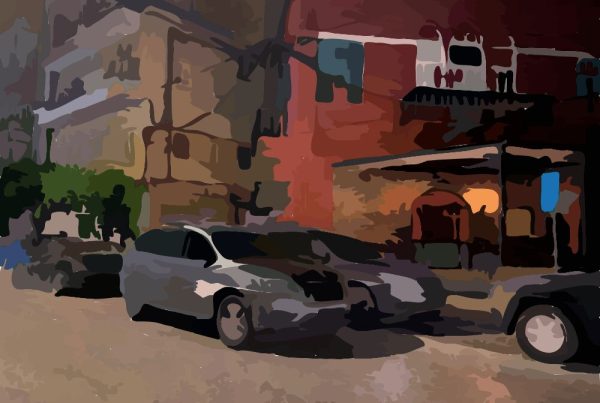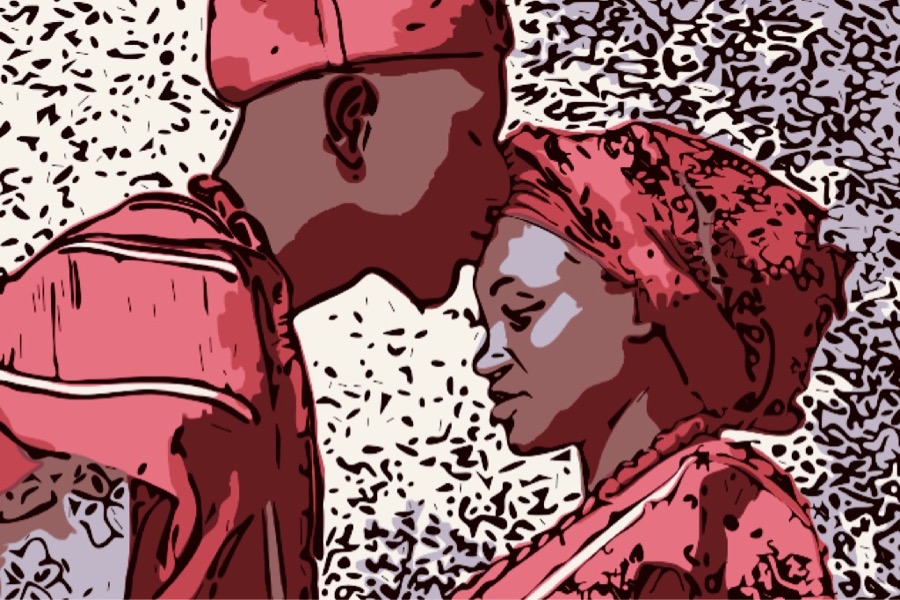Asexuality, or the lack of sexual attraction to any gender, is a sexual orientation, a natural variant of human behaviour as are homosexuality, heterosexuality, bisexuality, etc. Obviously, asexuality is neither a trend, (and how could it be in hypersexualised societies like the Western ones?) nor a choice, and therefore should not be confused with chastity or abstaining from sexual relations for moral and/or religious reasons.
The Diagnostic and Statistical Manual of Mental Disorders (DMS) is unclear about asexuality (as has been extremely cautious in depathologising homosexuality and transexuality), yet despite controversy, it is specified not to confuse asexuality with psychiatric disorders.
On page 434, in the section on Female Sexual Interest/Arousal Disorder (302.72), at the end of the “Diagnostic Features”, it reads: “If a lifelong lack of sexual desire is better explained by one’s self-identification as ‘asexual’, then a diagnosis of female sexual interest/arousal disorder would not be made.” On page 443, in the section on Male Hypoactive Sexual Desire Disorder (302.71), at the end of the “Differential Diagnosis”, it reads: “If a lifelong lack of sexual desire is better explained by one’s self-identification as ‘asexual’, then a diagnosis of female sexual interest/arousal disorder would not be made.”
Despite this, however, there is a lot of ignorance about asexuality, and with the progressive increase in its visibility as a result of the work of many activists we start to witness a real phobia of asexuality, a sort of aphobia that presents many similarities with homophobia, biphobia and transphobia.
“In danger of extinction”
A clear episode of this phobia occurred in Italy during the episode of the radio show “Al posto del cuore” aired on Radio2 at 11 am on 4 August 2018. During the broadcast the conductors Paola Perego and Laura Campiglio dealt with the topic of asexuality, mocking asexual people and showing a worrying ignorance, sample of clichés and typical stereotypes of our country. There have been particularly sad affirmations as:
“One thing to which we have to say no firmly: asexual people.”
“Are those who do not put the bread in the oven?”
“No, worse, they claim this as a life choice. But where will we end up?”
After this brilliant introduction there have been also many offences, since asexual people have often been called strange or sick and asexuality has been described as a disease or illness, reaching the apex of the absurd with jokes like “There is good news: asexual people certainly do not reproduce, so they are a category in danger of extinction.”
As if all this was not enough, there were also numerous comments filled with sexist stereotypes, such as when the conductors questioned the fact that there may be asexual men or when one said that for women, asexuality may be a positive thing as this would allow them not to have to wax. Someone might even find all this funny, but certainly it is not for those who are asexual and must live every day with prejudices and misunderstandings of this kind.
“Let’s reprogram them”
Not only in Italy, but also abroad: the US site breibart.com, known for its right- wing positions, has recently published an article reporting a speech, held by the “Israeli expert” (in what is not reported) Arian Lev, in which she describes asexuality as a lack of energy, reinforcing the totally unfounded cliché that the life of an asexual person is not a fulfilling life, a fully lived one.
According to Lev, the solution would be to reprogram the subconscious of asexual people to cure them and make them sexual. It is evident that these positions, so far from those of official psychology, are nothing more than the fruit of hatred and fear for something that Lev does not know well or does not fully understand.
In addition, once again aphobia and sexism are flanked, in fact for Lev those who would suffer most from the lack of sexual intercourses would be women. This idea probably stems from the misogynistic preconception that women would need sex to live a fulfilling life, since they were made solely for this purpose. In practice, women are not only judged as bad ones when they have too much sex and when they like it, they are now even considered sick when they do not like it.
Discriminatory laws
Often the efforts made by asexual people to be accepted are considered less legit, since people believe that there are no discriminatory laws in the world for asexual people. It is true that phobias have tended and tend to institutionalise themselves in more severe laws for people who are homosexual, bi- or transsexual, but there are legislative systems that penalise also asexual people, not distinguishing the concepts of sexual attraction and romantic love (which is experienced by some asexual people).
An example of this are the laws on consummation of marriage, or laws that invalidate mariage blanc, a marriage in which no sexual relations occur (as in many of the marriages between asexual people). Similar laws have recently been repealed in Australia, but still apply in England and Wales (strangely only for heterosexual marriage), where however the law is not really taken into account as in other countries including India, in which although it is not illegal not to consume the marriage, this is considered invalid or able to be invalidated until the wife remains a virgin.
In short, whatever those who do not consider asexual people as part of the queer community say, it seems that they have to face phobias, prejudices and difficulties that are very similar to those of all other sexual minorities. Although not everyone has realised this yet, the sexual revolution of the sixties taught us not to misjudge those by whom casual sex is enjoyed, now the time has come to yield space, give voice and accept also those who do not like sex at all.
Giovanni Gottardo
©2018 Il Grande Colibrì
photo: Felix Ramirez (Pexels license)
Read also:





This is a super helpful article! As an asexual doing a school report on aphobia and discrimination against asexuality, I couldn’t find many useful sites, but the representation and information in this article is amazing and I’m super glad it’s here! Very well written, too.